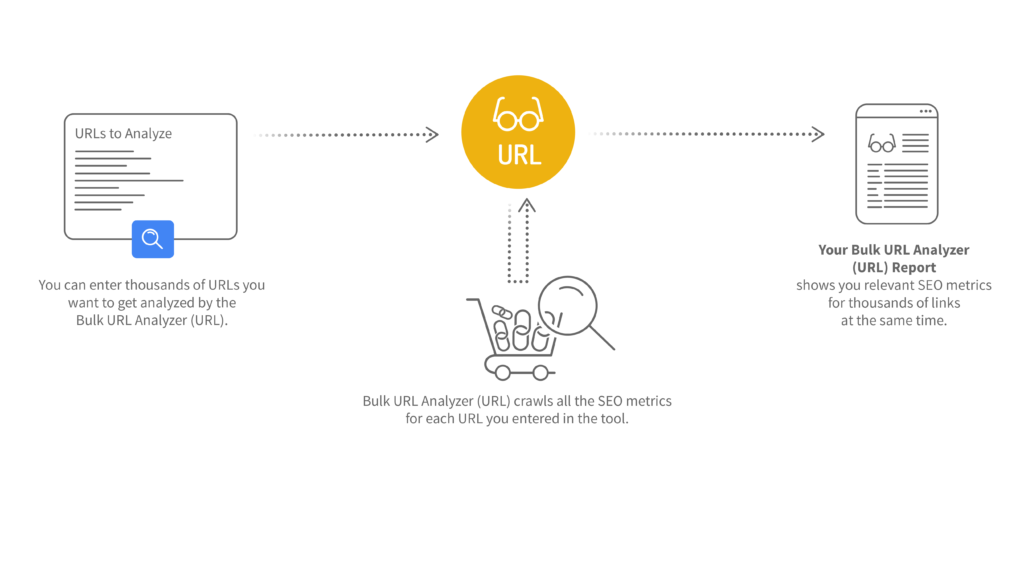In recent years, the conversation surrounding renewable energy has shifted from a niche topic to a central theme in discussions about global economies. Countries around the world are recognizing the importance of transitioning from fossil fuels to sustainable energy sources. This article explores the various ways renewable energy impacts global economies, including job creation, energy independence, environmental benefits, and technological innovation.

Job Creation and Economic Growth
One of the most significant impacts of renewable energy is its potential to create jobs. According to the International Renewable Energy Agency (IRENA), the renewable energy sector employed over 11 million people globally in 2018, with that number expected to rise in the coming years. Jobs in solar and wind energy, energy efficiency, and bioenergy are becoming increasingly prevalent. For instance, the U.S. Bureau of Labor Statistics predicts that jobs in wind turbine service technicians will grow by 61% from 2019 to 2029, making it one of the fastest-growing occupations.

Moreover, as countries invest in renewable technologies, they stimulate economic growth. Investments in solar and wind energy can lead to the development of new industries and the revitalization of local economies, particularly in rural areas where many renewable energy projects are located. This growth not only provides employment opportunities but also enhances local infrastructure and community resilience.
Energy Independence and Security
Transitioning to renewable energy sources also enhances energy independence for many nations. Countries that rely heavily on imported fossil fuels are vulnerable to price fluctuations and geopolitical tensions. By investing in domestic renewable energy sources, nations can reduce their dependence on foreign energy and improve their energy security. For example, Germany's Energiewende (energy transition) policy aims to increase the share of renewable energy in its overall energy consumption, reducing its reliance on imported fossil fuels and enhancing its energy security.
Moreover, energy independence can lead to more stable energy prices, benefiting consumers and businesses alike. As renewable energy technologies become more cost-effective, the price of electricity generated from these sources continues to decline, further promoting energy independence and economic stability.
Environmental Benefits and Sustainability
The environmental benefits of renewable energy are well-documented and play a crucial role in shaping global economies. By reducing greenhouse gas emissions and decreasing air pollution, renewable energy contributes to a healthier environment and mitigates the impacts of climate change. This, in turn, leads to significant economic savings in healthcare costs and environmental remediation.
Furthermore, the transition to renewable energy supports the global commitment to sustainable development. The United Nations' Sustainable Development Goals (SDGs) emphasize the importance of affordable and clean energy, which is essential for achieving economic growth while protecting the planet. Countries that prioritize renewable energy can enhance their global standing and attract investment by demonstrating their commitment to sustainability.
Technological Innovation and Competitiveness
The renewable energy sector is a hotbed of technological innovation. As countries invest in research and development, they create opportunities for advancements in energy storage, smart grid technology, and energy efficiency. These innovations not only improve the efficiency of renewable energy systems but also lead to new business opportunities and markets.
For instance, advancements in battery storage technology are crucial for addressing the intermittent nature of solar and wind energy. Companies that develop cutting-edge energy storage solutions position themselves as leaders in the market, driving competitiveness and attracting investment. As nations strive to become leaders in renewable energy, fostering innovation becomes a priority, leading to a more dynamic and BulkSEOMetrics competitive economy.
Challenges and Considerations
Despite the numerous benefits, the transition to renewable energy is not without challenges. Infrastructure development, regulatory frameworks, and the need for a skilled workforce are significant hurdles that must be addressed. Additionally, the economic impact on traditional fossil fuel industries and the communities that depend on them cannot be overlooked. Policymakers must consider strategies to support these communities during the transition, ensuring a just and equitable shift to a sustainable energy future.
Conclusion
The impact of renewable energy on global economies is profound and multifaceted. From job creation and energy independence to environmental benefits and technological innovation, the transition to renewable energy sources is reshaping economies worldwide. As countries continue to prioritize sustainability and invest in renewable technologies, the potential for economic growth and resilience becomes increasingly apparent. The shift towards renewable energy is not just an environmental imperative; it is an economic opportunity that can lead to a more sustainable and prosperous future for all.







